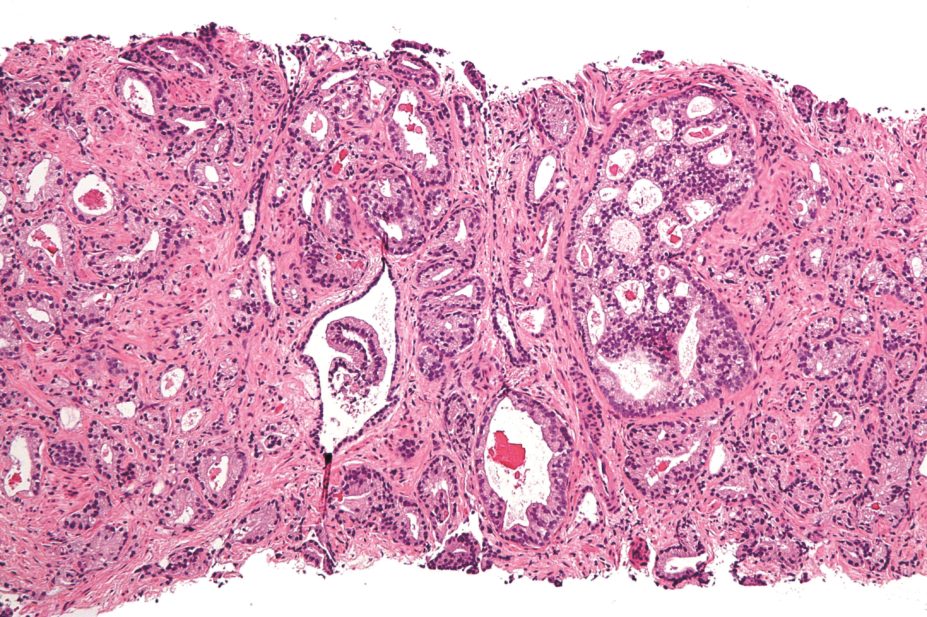
Nephron / Wikimedia Commons
Neoplastic tumours are known to promote immune tolerance, which can lead to chemotherapy resistance. New insights into the underlying mechanisms are provided by a study in Nature
[1]
(online, 29 April 2015), which shows that mouse models of aggressive prostate cancer are resistant to the chemotherapy drug oxaliplatin unless the animals are lacking immunosuppressive B cells.
When B cells were depleted – either genetically or pharmacologically – the prostate tumours became susceptible to treatment with oxaliplatin. “The crucial immunosuppressive B cells are plasmocytes that express IgA, interleukin-10 and programmed death ligand 1,” the authors write.
Since immunosuppressive B-cells are also known to infiltrate human treatment-resistant prostate cancers, this is a promising line of research for novel cancer therapies, they say.
References
[1] Shalapour S, Font-Burgada J, Di Caro G et al. Immunosuppressive plasma cells impede T-cell-dependent immunogenic chemotherapy. Nature 2015. doi:10.1038/nature14395.


